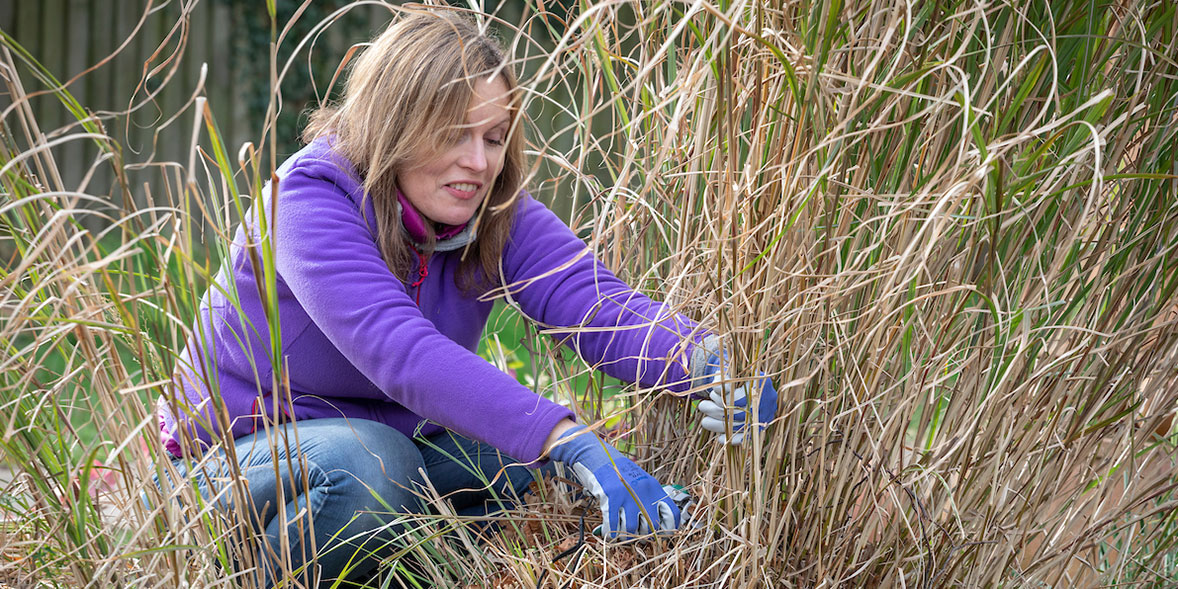
By clicking a retailer link you consent to third party cookies that track your onward journey. If you make a purchase, Which? will receive an affiliate commission which supports our mission to be the UK's consumer champion.
How to get rid of slugs and snails

In this article
- What can I use to deter and get rid of slugs?
- What chemical controls can I use against slugs and snails?
- Do slug pellets pose a risk to wildlife and pets?
- Are there any biological slug controls for slugs?
- Suppliers of biological controls for slugs
- Can slugs and snails be discouraged?
- Are slugs beneficial?
- What conditions encourage slugs and snails?
What can I use to deter and get rid of slugs?
Gardeners traditionally use things such as crushed eggshells, sharp sand and soot to repel slugs, but these have limited success. There are also a wide range of barrier methods available, from granules that are supposed to dry them up, to copper rings. In the Which? Gardening magazine trials we found that none of them work well.
When Which? Gardening magazine tried chemical controls we had good results from slug pellets containing ferric phosphate, such as Growing Success Advanced Slug Killer. For plants in the ground, we found the biological control Nemaslug is effective against slugs, but not snails.
Discover the best organic controls for slugs and snails

What chemical controls can I use against slugs and snails?
There is one chemical option: pellets containing ferric phosphate. Ferric phosphate-based pellets stop slugs and snails feeding. They are currently approved for use by organic gardeners. Metaldehyde slug pellets are being banned from use in 2020.

Do slug pellets pose a risk to wildlife and pets?
Metaldehyde pellets were banned from use in 2020.
Ferric-phosphate pellets are not thought to be damaging to mammals and birds. However, some research suggests that ferric phosphate pellets may not be as environmentally friendly as first thought. Some ferric phosphate pellets also contain a 'chelating agent', called EDTA, to make the iron more soluble. This may increase the amount of iron in ground water, which can be toxic to earthworms in high doses.
If you use either kind of pellets, concentrate your efforts on vulnerable plants; don’t attempt to eliminate slugs from the whole garden. Scatter the pellets thinly, as directed on the packet, as doses have been calculated to offer the best protection. Don't leave them in heaps. Regularly collect up the poisoned slugs and snails and consign them to the dustbin. Always store pellets in their original container, and safely out of reach of children and pets.
Breathe new life into your outside spaces. Sign up for our Gardening newsletter, it's free monthly
Are there any biological slug controls for slugs?
Yes, you can buy biological controls that contain nematodes. It contains millions of naturally occurring nematodes that penetrate the slug’s mantle, carrying a bacterium that infects and kills the slug. It’s best used in spring and autumn when the soil is warm and moist.
It's watered into the soil, so is only effective against slugs.
Suppliers of biological controls for slugs
- Green Gardener greengardener.co.uk
- Ladybird Plant Care ladybirdplantcare.co.uk
- The Organic Gardening Catalogue organiccatalogue.com
- Dragonfli dragonfli.co.uk
- Nematodes Direct nematodesdirect.co.uk
Can slugs and snails be discouraged?
Keep weeds down and clear away dead plants and rubbish. Often the number of slugs and snails varies around the garden; try growing vulnerable plants in areas where you see none. Avoid mulching vulnerable plants such as lettuce and potatoes.
Try the five easiest veg to grow
Are slugs beneficial?
Most slugs live underground, and although some will eat roots and leaves, many others feed on plant debris and so contribute to keeping soil healthy.
What conditions encourage slugs and snails?
Slugs and snails are molluscs and need a moist environment to survive. Slugs thrive in damp soil or plant debris, retreating deep into the soil when the weather is dry. Snails maintain their moisture level by going into their shells. Both are active mainly at night, especially in spring and autumn when the weather is warm and wet. It's a good idea to go out to look for them when conditions suit them.
Try our Best Buy torches
